Planning Pays Off: 5 Strategies to Get the Most Out of Your Delivery Speed Choice
March 3, 2025
5 min read
How to Ensure Safety and Compliance While Shipping
Transportation safety and regulation remain the cornerstone of freight transportation in the modern overlaid supply chain environment. Since a growing number of companies choose full truckload services for their supply chain needs, the focus on safety and adherence to legal requirements has never been higher.
Full-load transportation requires an understanding of safety measures, regulations, and possible risks associated with the movement of full loads to guarantee safe and efficient operations on the road.
This blog will focus on practices and measures to ensure safety and compliance in full-truckload shipping.
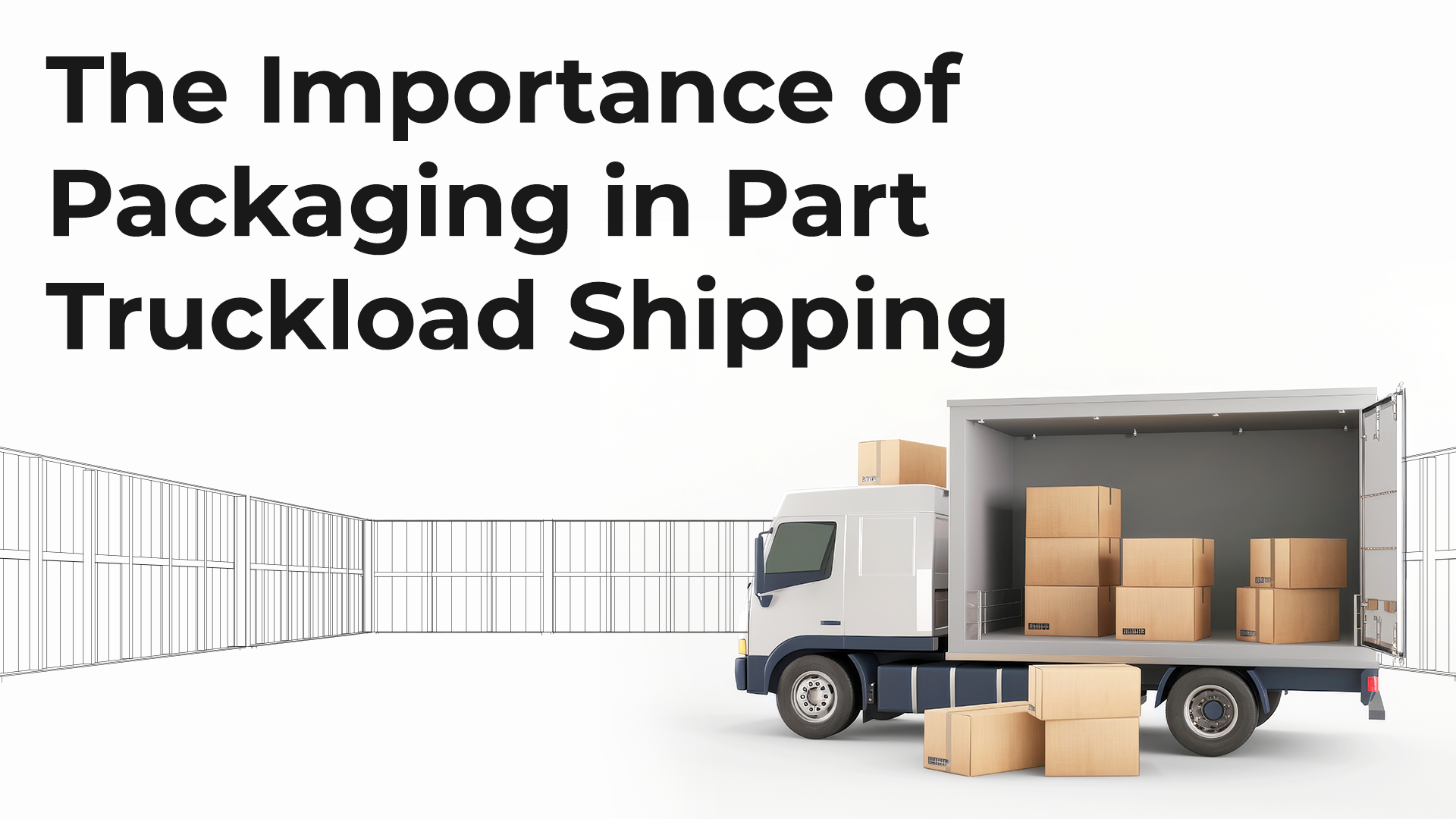
Understanding Full Truckload Shipping
The foundation of effective full truckload shipping lies in understanding its unique characteristics and requirements.
Full truckload services offer clients the capacity of an entire trailer dedicated to a single consignment and mean higher security than sharing the trailer with others. This shipping method works best for the removal of large quantities of items and shipments that require urgent delivery.
Best Practices for Ensuring Safety and Compliance
Adopting adequate safety measures and compliance procedures is paramount for achieving a full-load transportation business.
Driver Safety and Regulations
Another aspect is maintaining the drivers’ safety and regulatory compliance. Federal law states that drivers should not drive for more than 11 hours consecutively in 14 hours.
Like any regulation on the current Hours of Service requirement, this can be checked and maintained through the use of Electronic Logging Devices (ELD). Additional measures include the provision of effective driver training programs together with routine safety updates, strengthening compliance with the said stringent regulations.
Vehicle Maintenance and Inspections
Vehicle maintenance and frequent inspections are crucial to the success of full truckload operations. These essential maintenance checks should include inspections of tires, brake systems, engines, and perhaps emission control status to ensure the vehicles are fit for their purpose in transportation.
Technology Integration
Advanced technology needs to be incorporated to increase safety in full truckload services. Current transportation has utilized tracking systems that include GPS techniques, real-time control, electronic logging, and temperature control in cases of sensitive goods, making the environment safe for shipping.
Challenges in Full Truckload Shipping and Strategies to Overcome Them
Full truckload shipping is a challenging business as it faces unique issues when matching customer needs with available transport solutions.
Weather and Route Planning
One significant challenge is managing weather and route planning. Adverse weather conditions can significantly impact full-load transportation schedules, but implementing strategic route planning and maintaining flexibility in delivery schedules helps mitigate these challenges effectively.
Documentation and Compliance
Another challenge revolves around documentation and compliance. The regulation requirements of legal documentation remain an essential factor in covering full truckload shipping contracts.
That is, Record keeping can be automated, licensing made current, and documentation of cargo and records of maintenance, among other things, made easier through the use of digital platforms.
Security Concerns
Lastly, security concerns are paramount in full truckload transportation, as these shipments often involve valuable cargo. To address this, robust security measures are essential.
Features such as tamper-evident seals, GPS tracking, and enhanced security can be used to prevent theft and ensure the security of the goods that have to be transported.
Conclusion
Full truckload delivery requires extreme focus on safety compliance; therefore, achieving this standard is a sign of the company’s potential success. If businesses ensure that they have embraced safety measures, keep records and documents secure, and adopt modern methods of shipping, they can establish trust with their clients and be compliant with the set laws.
Shipyaari offers safe B2B full truckload shipping with complete tracking for affordable prices through our extensive network of 21,000+ pin codes. For more details, contact us today!
Frequently Asked Questions
Full truckload shipping also ensures the customer’s goods occupy the whole trailer, hence offering more security and quicker delivery.
ELDs automatically track driving hours, ensuring compliance with federal Hours of Service regulations and preventing driver fatigue.
Recommended checks include tire checks, brake checks, engine checks, and safety checks.
Through advanced route planning, real-time weather monitoring, and maintaining flexible delivery schedules.
Suggested Reads
Hyperlocal Personalization: Tailoring Experiences for Local Customers
Introduction The eCommerce industry in India has witnessed a rapid growth of hyperlocal services in
Continue ReadingDec






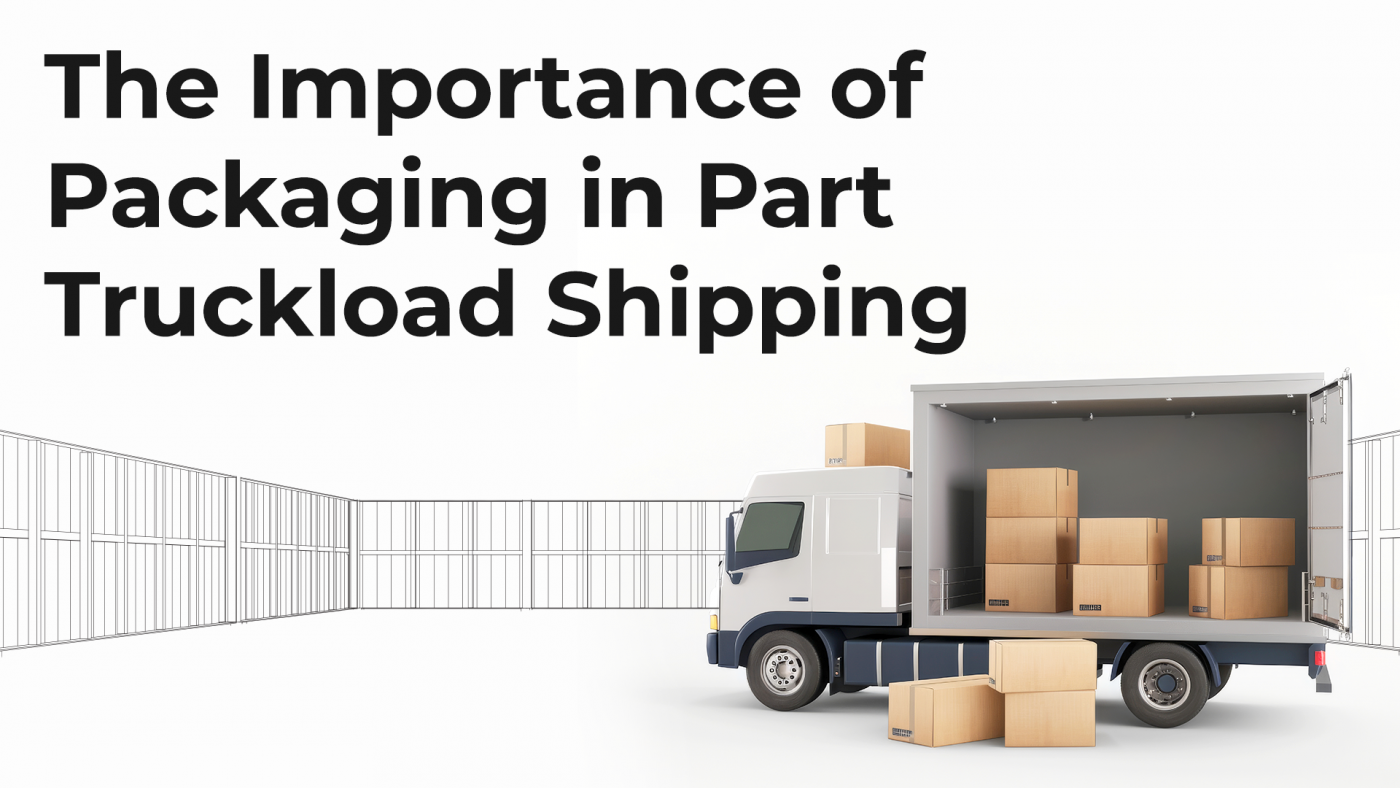



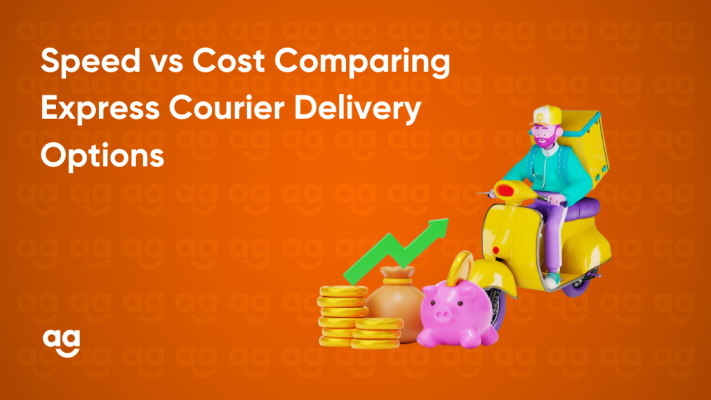


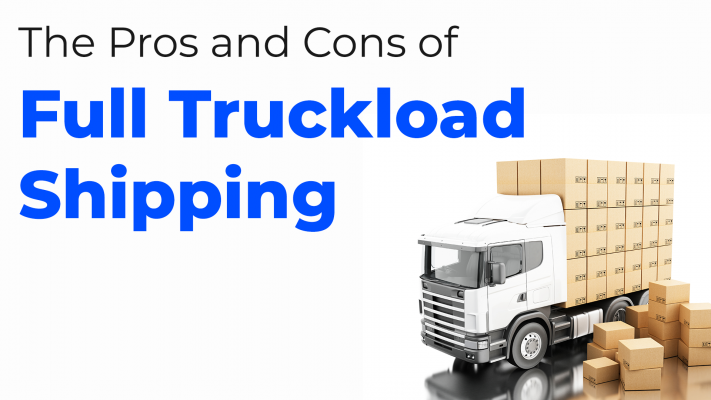
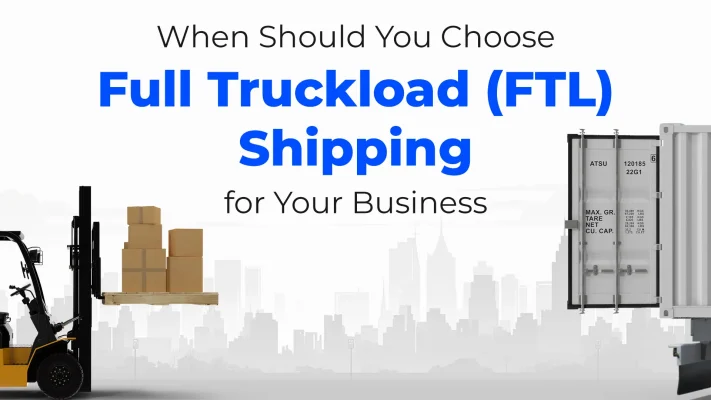

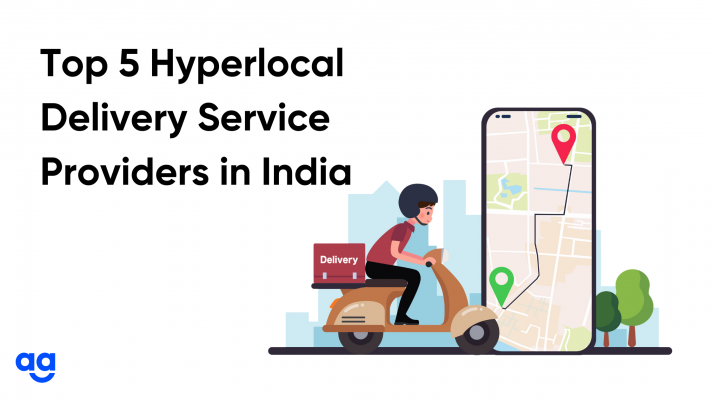
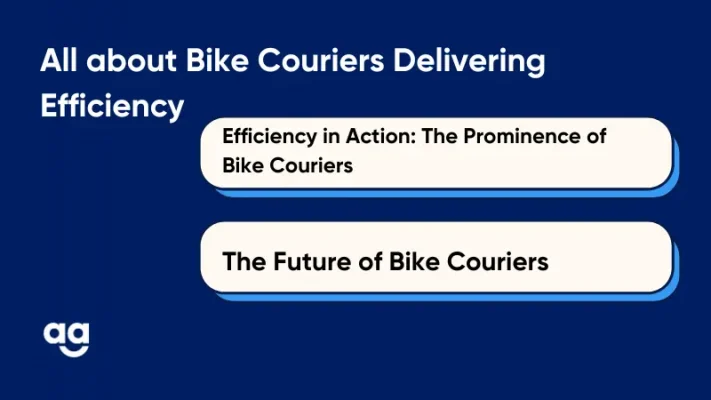

 Shipping
Shipping







